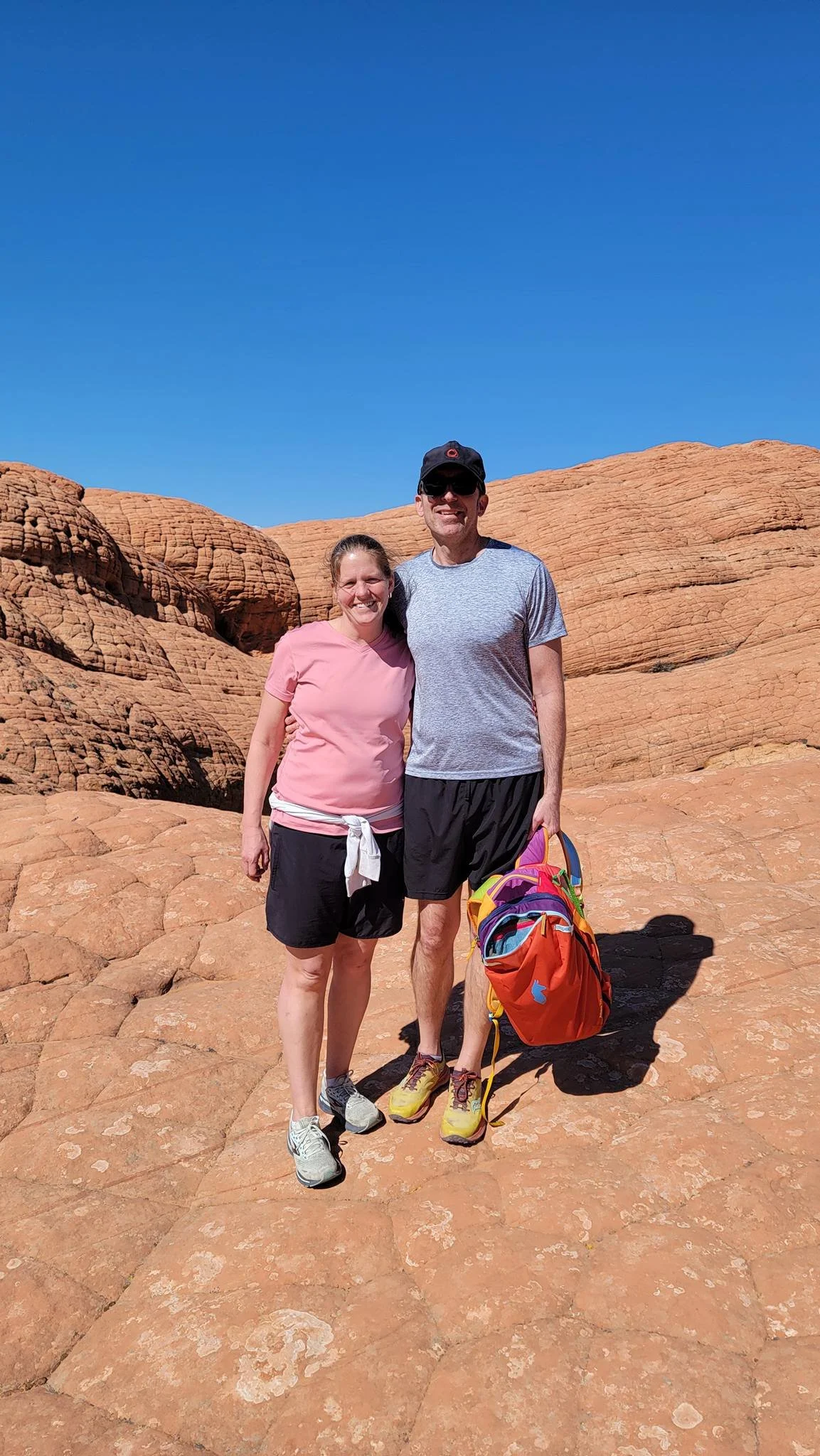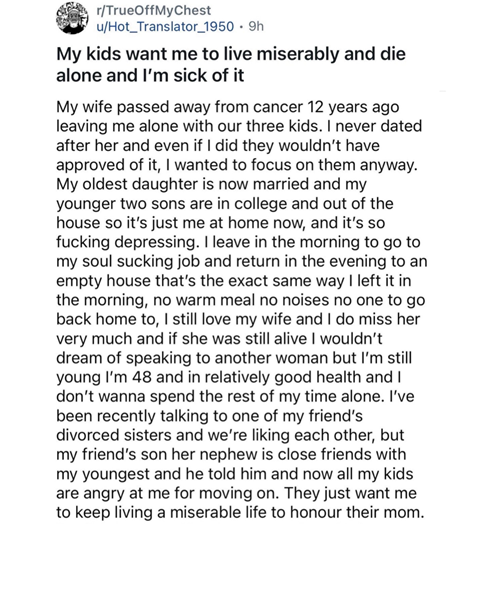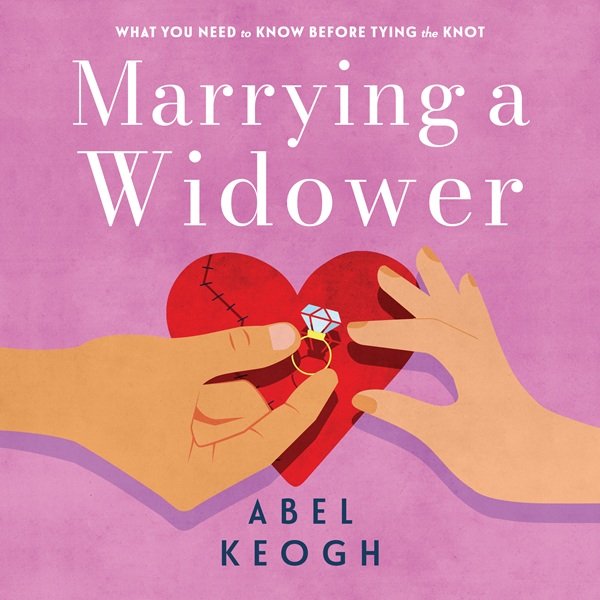Hey everyone, I’m Abel Keogh, author of the book Dating a Widower, and today we’re talking about the so-called “correct” way to grieve. And yes, I’m using air quotes around correct—because everyone seems to have strong opinions about how someone should grieve after losing a spouse—especially people who’ve never lost one.
Take Erika Kirk, the widow of Charlie Kirk. After her husband’s murder last year, she grieved in a very public way. She gave speeches, did interviews, and stepped into a leadership role in her late husband’s organization. And almost immediately, the internet went to work. Armchair critics—people with plenty of opinions and zero lived experience—decided she was “moving on too fast” or “not grieving correctly.” Some even accused her of abandoning her children in pursuit of fame and fortune.
Of course, almost none of these people have ever buried a spouse. But that didn’t stop them from judging.
Here’s the truth: grief is deeply personal. Some people cry constantly. Some throw themselves into work. Some need quiet. Some need purpose. All of it can be normal—because grief doesn’t follow a timetable or a rulebook. And until you’re actually in that position, you have no idea how you’d respond.
If you’re still convinced Erika Kirk is grieving “the wrong way,” let me give you another example.
In November of 1972, a relatively unknown lawyer named Joe Biden was elected to the U.S. Senate by just over 3,000 votes. At twenty-nine, he became one of the youngest senators ever elected. Five weeks later, his entire world collapsed.
On December 18, while Biden was in Washington, D.C., interviewing potential staff, his wife, Neilia, took their three children out to buy a Christmas tree. Their car was struck by a semi-truck. Neilia and their one-year-old daughter, Naomi, were killed instantly. Biden’s two young sons, Beau and Hunter, were critically injured.
Suddenly, Biden faced an impossible choice: resign before ever taking the oath of office—or try to serve while barely holding himself together. With his colleagues' encouragement and knowing how hard he and Neilia had worked to get there, he agreed to give the job a six-month try. In January 1973—less than a month after losing his wife and daughter—Joe Biden took the oath of office at his son’s hospital bedside.
Most of you know how this story ended. He pushed through his grief and, with help, raised his sons. He remarried a few years later. He served in the Senate until 2009, then as Vice President for eight years, and in 2020 was elected President of the United States.
So let me ask you honestly: should Joe Biden have resigned and walked away? Was it “too soon” for him to serve? I ask because if you’re going to judge one public figure by that standard, are you willing to apply the same standard to all of them?
From my own loss—and from talking with thousands of widows and widowers over the years—I’ve learned this: there are healthy ways to grieve, and there are unhealthy ones. Having purpose matters. Channeling your energy into work, family, service, or honoring the person you lost is usually healthy. What Joe Biden did—and what Erika Kirk is doing—is far healthier in the long run than numbing the pain with drugs, alcohol, or reckless behavior. Those things don’t heal grief. They delay it and make it worse.
So the next time a public figure—or someone in your own life—loses a spouse, resist the urge to criticize and police their grief. Instead of firing off an emotional social-media post, pause and ask yourself a better question: Is what they’re doing helping them survive—or am I just uncomfortable with how their pain looks?
Grief doesn’t need commentary. It needs compassion. Mourn with people, not at them. Show up. Offer help. Sit in the discomfort instead of trying to control it.
Widows and widowers have to be strong—not because they don’t feel pain, but because their lives have been permanently altered. Bills still come due. Children still need parenting. Decisions still have to be made. Survival isn’t optional; it’s necessary. And when someone is doing the best they can to keep moving forward, your criticism doesn’t heal anyone’s grief or bring a loved one back—it only adds weight to a burden they’re already struggling to carry.
Erika Kirk and Joe Biden didn’t choose the tragedies that reshaped their lives—but they did choose how to respond. They chose purpose over paralysis. Movement over collapse. And whether you agree with their choices or not, those choices were theirs to make—not ours to judge.
There is no universal timetable for grief. No checklist. No “right” way that applies to everyone. Grief is personal. Survival is personal. And until you’ve stood in that place yourself, the most honest thing you can say is not “Here’s what you should do,” but “How can I help?”
I’m Abel Keogh, author of Dating a Widower. Thanks for watching—and I’ll see you next Wednesday.









